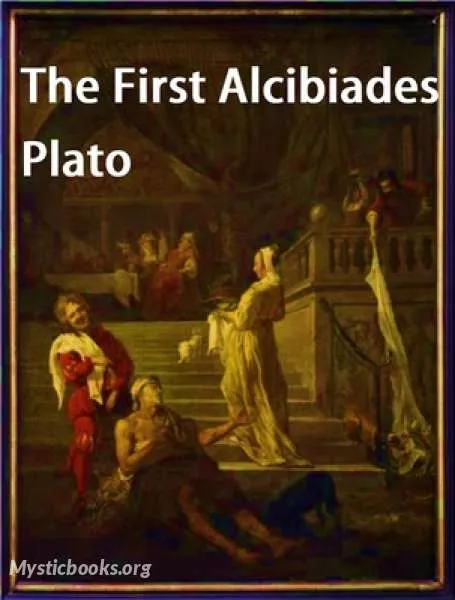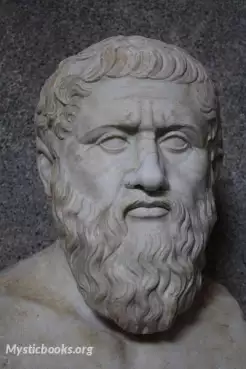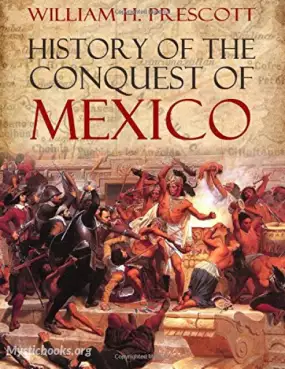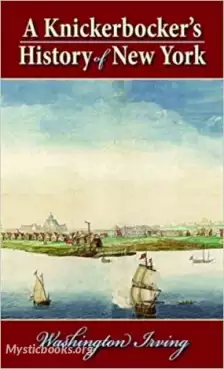
Alcibiades I
'Alcibiades I' Summary
In the preface Alcibiades is described as an ambitious young man who is eager to enter public life. He is extremely proud of his good looks, noble birth, many friends, possessions and his connection to Pericles, the leader of the Athenian state. Alcibiades has many admirers and had many lovers but they have all run away, afraid of his coldness. Socrates was the first of his lovers but he has not spoken to him for many years. Now the older man tries to help the youth with his questions before Alcibiades presents himself in front of the Athenian assembly. For the rest of the dialogue Socrates explains the many reasons why Alcibiades needs him. By the end of Alcibiades I, the youth is much persuaded by Socrates' reasoning, and accepts him as his mentor.
The first topic they enter is the essence of politics – war and peace. Socrates claims that people should fight on just grounds, but he doubts that Alcibiades has any knowledge about justice. Prodded by Socrates’ questioning, Alcibiades admits that he has never learned the nature of justice from a master nor has discovered it by himself.
Alcibiades suggests that politics is not about justice but expediency and the two principles could be opposed. Socrates persuades him that he is mistaken, and there is no expediency without justice. The humiliated youth concedes that he knows nothing about politics.
Later Alcibiades says that he is not concerned about his ignorance because all the other Athenian politicians are ignorant. Socrates reminds him that his true rivals are the kings of Sparta and Persia. He delivers a long lecture about the careful education, glorious might and unparalleled richness of these foreign rulers. Alcibiades gets cold feet which was exactly the purpose of Socrates’ speech.
After this interlude the dialogue proceeds with further questioning about the rules of society. Socrates points to the many contradictions in Alcibiades’ thoughts. Later they agree that man has to follow the advice of the famous Delphic phrase: gnōthi seautón meaning know thyself. They discuss that the "ruling principle" of man is not the body but the soul. Somebody's true lover loves his soul, while the lover of the body flies as soon as the youth fades. With this Socrates proves that he is the only true lover of Alcibiades. "From this day forward, I must and will follow you as you have followed me; I will be the disciple, and you shall be my master", proclaims the youth. Together they will work on to improve Alcibiades' character because only the virtuous has the right to govern. Tyrannical power should not be the aim of individuals but people accept to be commanded by a superior.
In the last sentence Socrates expresses his hope that Alcibiades will persist, but he has fears because the power of the state "may be too much" for both of them.
Book Details
Language
EnglishOriginal Language
EnglishPublished In
Authors

Plato (Πλάτων)
Greece
Plato ( Classical Attic; 428/427 or 424/423 – 348/347 BC)) was an Athenian philosopher during the Classical period in Ancient Greece, founder of the Platonist school of thought and the Academy,...
Books by Plato (Πλάτων)Download eBooks
Listen/Download Audiobook
- Select Speed
Related books

Sämtliche Schriften 1911-1921, Teil 2 by Carl von Ossietzky
This book is a collection of articles written by Carl von Ossietzky, a German journalist, pacifist, and Nobel Peace Prize laureate. The articles were...

Struggles and Triumphs, or Forty Years' of Recollections of P.T. Barnum, written by Himself by P. T. Barnum
This autobiography details the life and business endeavors of P.T. Barnum, the founder of the "Greatest Show on Earth." Barnum, a multifaceted figure,...

Illiterate Digest by Will Rogers
The Illiterate Digest is a collection of Will Rogers' humorous essays on American society, politics, and etiquette. Rogers' wit and wisdom shine throu...

Sowjet-Rußland im Umbau by Fritz Schotthöfer
In 'Sowjet-Rußland im Umbau', Fritz Schotthöfer, a journalist, provides an insightful account of his observations during a journey through Russia in 1...

The History of England, from the Accession of James II - (Volume 4, Chapter 20) by Thomas Babington Macaulay
The History of England from the Accession of James the Second (1848) is the full title of the five-volume work by Lord Macaulay (1800–1859) more gener...

All Things Considered by Gilbert K. Chesterton
Another delightful and sharply pointed excursion into the topics of the day, and of this day as well, with Gilbert Keith Chesterton. These reprinted m...

Royale Maison de Savoie by Grégoire Hudry-Menos
This book presents a fresh perspective on the history of the House of Savoy, a royal family that ruled over Italy for centuries. Author Grégoire Hudry...

On by Hilaire Belloc
“On” is a collection of essays and short writings by Hilaire Belloc, covering a wide range of subjects. His writing style is witty, insightful, and of...

History of the Conquest of Mexico by W.H. Prescott
William H Prescott was an American historian whose sight had reduced him to near blindness, and who had never visited Mexico, yet researched and recon...

Knickerbocker's History of New York, Vol. 2 by Washington Irving
A History of New York, subtitled From the Beginning of the World to the End of the Dutch Dynasty, is an 1809 literary parody on the history of New Yor...
Reviews for Alcibiades I
No reviews posted or approved, yet...